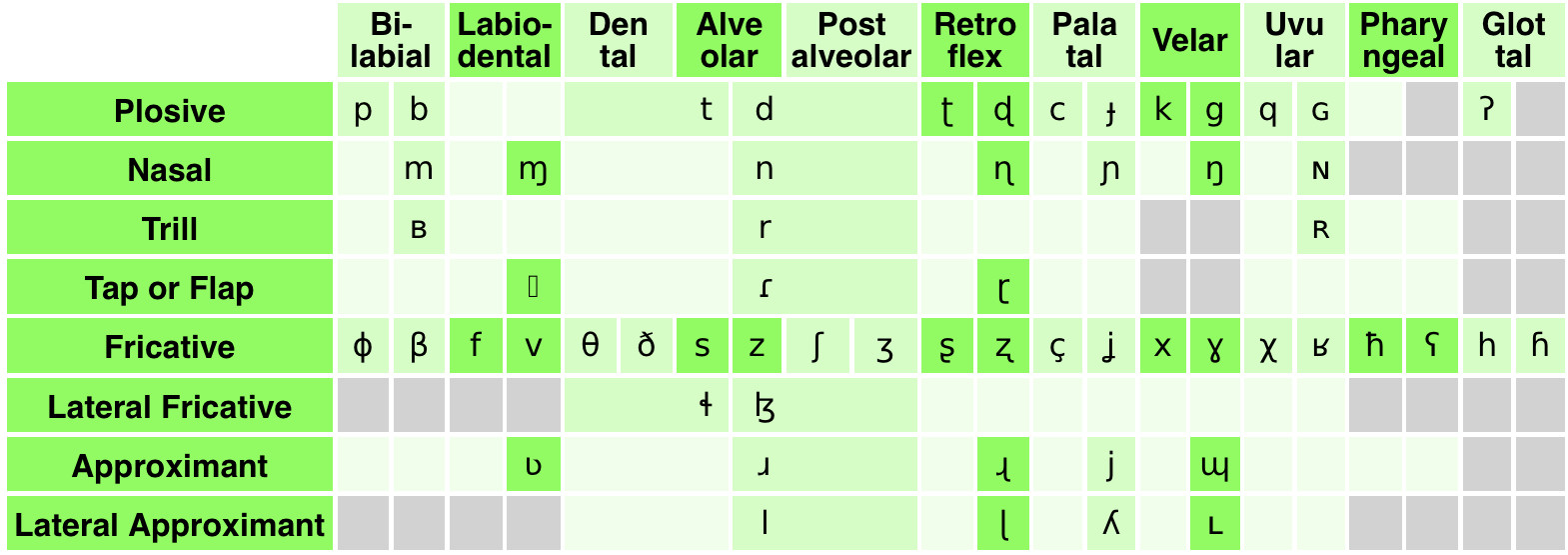Okay, so, I decided to give both dragons and tengu a rather complex syrinx, allowing them to mimic human speech, chainsaws, cameras shutters, ringtones, and copyrighted music with ease.
Lizardfolk, however, don't really have that luxury. They have similar vocal cords to humans, lung capacity is by default at the human peak. When combined with their mesothermic temperature regulation, it allows them to stay underwater for quite some time.
I based their appearance on the ones we saw in Overlord. Of course, I want to revamp quite a few things, starting with the removal of the obnoxious MMORPG design that makes my eyes bleed. The lizards, however, can stay. Everything else shall be purged by The Polish Toilet Spin, especially the jailbait.
I found a few low-poly 3d models, and pictures from the animu as reference.
Since they were the focus of only one arc; the anatomy of the lizardfolk is my pure guesswork, based on the anime and the wiki page. They seem to closely resemble both armadillo lizards and the Varanus salvator, I work off of that.
The snout is elongated, most of the serrated teeth inside are obscured. They can probably dislocate their jaws like a Varanus salvator but choose not to do it because it's kinda scary/funny, plus they can cut up food into small enough pieces to make that unnecessary. The ear is most likely sealed/hidden as well.
Their tounges should be human-like since we didn't see any lizardman flicking them to smell. Their smell probably works like that of dogs, since the lizardfolk respiratory system is basically identical to the mammalian version.
Needless to say, their scutes and osteoderms make the upper half of the head quite rigid, and there aren't any muscles, except for the jaws', in the lower. Lizardfolk can still seal off their noses with the muscles, right next to the opening of the cavity.
The average height is 185-190 cm, and the weight 100 kg for an adult male.
So, with all that out of the way, I was wondering what restrictions would the lizardfolk's IPA chart have, compared to humans'. In layman terms, which sounds would they be unable to make?


